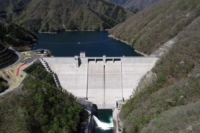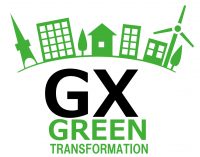毎月第4月曜日の本紙5面「エネルギー&デジタルPLUS」で掲載中のスティーブン・トーマス氏による寄稿の第2回(11月25日付、最終回)は、マサチューセッツ州が世界の気候技術ハブとなった道のりについて解説しています。本紙では日本語の要約版、電気新聞ウェブサイトでは英語の全文をそれぞれ掲載します。
Massachusetts’ Path to Becoming the Climate Technology Hub of the World
How did the Commonwealth of Massachusetts, once ridiculed for high taxes and the Irish Mafia, become known for best-in-class innovation in life sciences, robotics, and cleantech?

The Commonwealth became home to several pioneering technology companies?iRobot, Boston Dynamics, Biogen, Genzyme, Moderna, Raytheon Technologies, and Digital Equipment along the path to emerging as the leading hub. The most visible testament to the state’s leadership sits at the edge of the MIT campus in Kendall Square. This area, spanning less than 100 hectares, hosts landmark institutions, including MIT’s CSAIL (Computer Science and AI Laboratory), MIT.nano, the world-renowned Media Lab, and numerous industry leaders in pharmaceuticals developing breakthroughs in drug discovery. These include the MIT Koch Cancer Center, Brain & Cognitive Sciences Center, the Broad and Whitehead Institute encompassing LabCentral, a life sciences incubator creating novel technologies and therapies.
Nearby are research centers for Google and Microsoft, as well as the headquarters of Akamai, which powers the internet. A short walk away is The Engine, a tough-tech venture builder investing in startups developing groundbreaking solutions in quantum computing, long-duration energy storage, sustainable manufacturing, carbon capture, and biomedicine. North lies Greentown Labs, the America’s first and largest climate technology incubator. Greentown Labs, with a satellite facility in Houston, Texas, has housed over 600 startups that collectively have raised more than $6 billion in capital. Across the Charles River into Boston is the Seaport District, home to a cluster of robotics startups at MassRobotics, a robot and automation systems incubator.

















